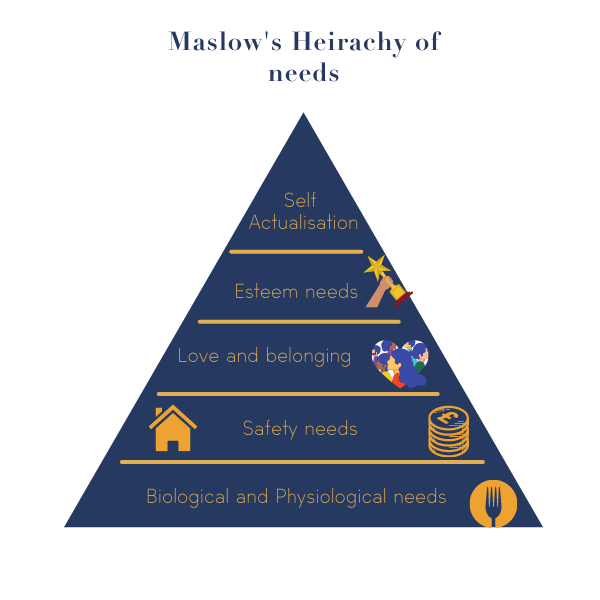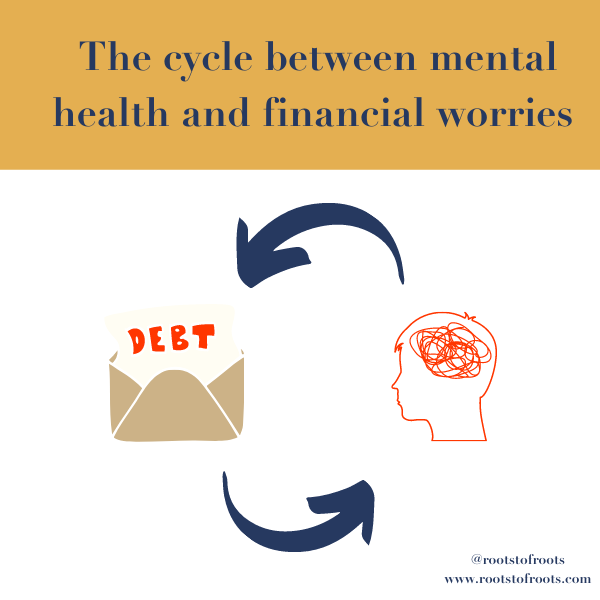Mental health has been a key topic during the pandemic because a lot of people around the world were thrown out of their comfort zones. Before the pandemic the topic was already getting a spotlight however the pandemic and the effects of the pandemic amplified it like everything else. Lockdowns were introduced which led to businesses closing their doors. This resulted in employees, business owners and self employed individuals staying at home. Businesses had to stop trading which introduced financial uncertainty.
There’s been an increased awareness on the importance of overall well being. A crucial part of the wellness wheel is financial wellness. A reminder of the definition of financial wellness is having/ feeling in control of your financial future. It is managing your money and having sufficient cushions in place in case of an emergency. It’s about being in control of your finances and having the financial freedom to make choices that allow you to enjoy life without anxiety about the future. The pandemic has brought about uncertainty and a massive economic impact.
We cannot control the future, so we need to learn to deal with uncertainty by focussing on solutions and mitigating risk on taking action on those aspects of a problem that you can control.
An American psychologist called Abraham Maslow theorized that human decision-making is undergirded by a hierarchy of psychological needs. Maslow’s hierarchy of needs is a theory of motivation which states that five categories of human needs dictate an individual’s behavior. Those needs are physiological needs, safety needs, love and belonging needs, esteem needs, and self-actualization needs.

The basic needs included which are in Safety and physiological needs. In order for these needs to be met you need to have finances to afford a roof over your head and feed yourself and your family. If these needs are not met this might lead to anxiety/ stress which affects your overall mental well being.
According to moneyandmentalhealth.com people in problem debt are significantly more likely to experience mental health problems – Half (46%) of people in problem debt also have a mental health problem. People with mental health problems are also more likely to be in problem debt. A cycle develops which is hard to come out of, which is why it is important to have the right tools in place to get out of it.

The best advice I could give is to talk to someone when you or someone you know is unable to deal with financial struggles because of their mental state or, if you or someone you know is in debt then the best thing to do is to speak to a professional to help you tackle it.
I spoke with Claud Williams, an award-winning entrepreneur, board member, and executive coach. He also serves on the board of Camden and Islington’s NHS Trust, which specialises in mental health. He is passionate about preventive measures for better mental health which is one of the largest driving forces behind him creating his company Dream Nation. Claud is open about his own mental health experiences through building a business and also navigating the worlds of education and work. In 2020 he was appointed as an ambassador for the British Dyslexia Association.
Watch the video below where Claud gives advice on how to look after your mental state.
